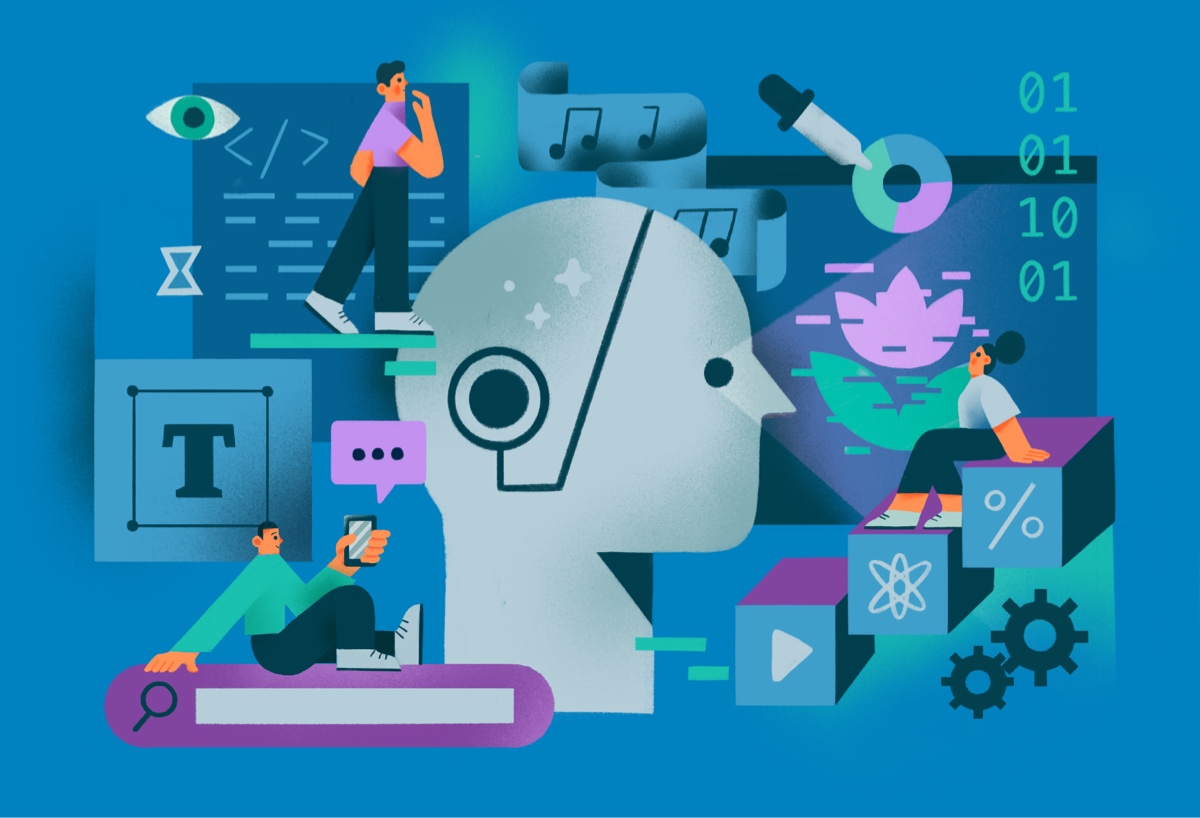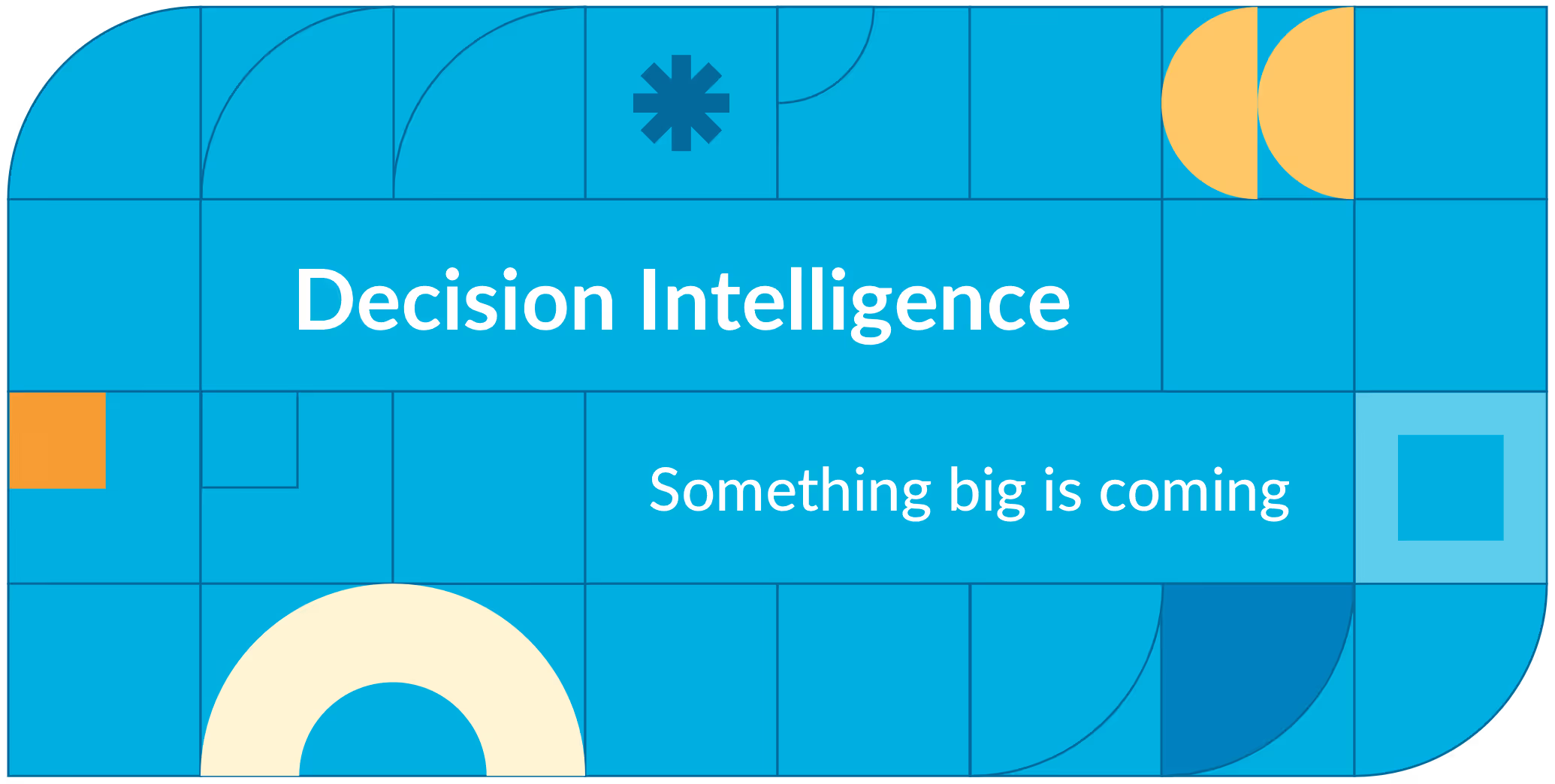AI in everyday life: How we use it, trust it, and where we draw the line

AI in everyday life: how we use it, trust it, and where we draw the line
Over the last couple of years, we've witness how artificial intelligence has shifted from being something "just for tech enthusiasts or sci-fi fans" to becoming a tool most people have in their pockets, ready to tap into for anything from trip planning to answering a random 3am question about whether penguins have knees (spoiler: they do). Our latest survey of 1,000 respondents in Singapore reveals just how embedded AI has become in personal life, who’s using it, what they use it for, and what still gives them pause.
Everyone’s using it… but age matters
A striking 80% of respondents say they use AI tools for personal purposes. But the frequency varies sharply by age, with younger people far more likely to use AI daily or several times a week. Among 16–24-year-olds, 40% are heavy users, compared with only 17% of those aged 55+. This gap is a reminder that while AI feels like second nature to some, others are still dipping a cautious toe in the water.
There’s also a notable 20% of the population who have never touched an AI tool at all. Among the older age group, that figure doubles to 40%. For them, AI may still feel like a novelty or perhaps an unnecessary complication - a “nice to have” rather than a must-have. It’s a reminder that tech adoption is as much about mindset as it is about access.
ChatGPT rules the roost but would people choose differently now?
When asked which AI platforms they use most, ChatGPT came out miles ahead at 82%. Gemini is a distant second at 25%, followed by Meta AI at 19%. Interestingly, males are more likely to use Gemini than females, though the reasons are unclear - it could be branding, feature preferences, or just coincidence.
Smartphones lead especially for older users
The majority (58%) access AI via their smartphones, with 34% using desktop or laptop browsers. Surprisingly, older users are actually more likely to use AI on their phones than younger ones. This flips the common assumption that mobile-first habits are exclusive to younger generations. For many, the convenience of reaching into a pocket outweighs any benefits of a bigger screen.
Quick, easy, and mostly brief
The top motivation for using AI is clear: convenience and speed (65%). Accessibility (44%) and quality of advice (33%) follow closely. While younger users are slightly more drawn to the creativity boost AI can offer, the overall picture is that AI is primarily a “get it done faster” tool.
Most people spend under 30 minutes per day on AI, and 63% keep it under 15 minutes. The way we interact with AI is closer to using a calculator than having a conversation with a friend - quick, targeted, and transactional.
What people actually do with AI
Across all ages and genders, the top use case is general information search (73%), essentially using AI as a more conversational Google. Creative assistance, such as writing prompts, art ideas, lyric brainstorming, skews younger, with 16–24-year-olds leading the way. Planning trips or activities is popular too (37%), while 20% use AI for learning or language practice.
One in four of the youngest users has never spoken to anyone else about their AI use. This suggests AI is becoming so routine that it’s invisible, almost like looking something up on Wikipedia or checking the weather app.
Trust, accuracy, and a healthy dose of realism
Around 80% of respondents think AI is right at least 50% of the time. That’s not flawless, but apparently it’s good enough for most people to act on. In fact, 79% say they’re confident taking AI’s advice on personal matters.
The paradox? Incorrect or misleading information is the top frustration (47%). People know AI isn’t perfect, yet they still use it as if it is. This might be a sign of just how quickly convenience can outweigh caution.
AI vs. human expertise: A divided crowd
Opinions here are split almost evenly. One in three has partially replaced a professional service such as a nutritionist or travel agent with AI. A similar share still prefers human professionals entirely. Nearly half see AI as equal in value to human advice, showing just how far the technology has come in winning people’s trust.
Positive lifestyle changes especially for the young
More than half (52%) say AI has made positive changes in their life, with younger people most likely to agree. They’re also more likely to feel AI “understands” their personal needs, though whether that’s actual understanding or just good predictive text is another question.
Still, the youngest users are surprisingly cautious about replacing human interaction with AI. This suggests a limit to what people are willing to automate, even among digital natives.
Recommendations even with reservations
Despite concerns over accuracy, over-reliance, and privacy, 66% would recommend AI for personal help. The top recommendations match the most common uses: general information, trip planning, creative projects, and learning.
This is where AI feels a bit like fast food - people know it’s not perfect, but it’s too convenient and satisfying to ignore.
Deepfakes: familiarity, risks, and reluctance to act
Half of respondents aren’t familiar with the term “deepfake”. Awareness and exposure both skew younger, with younger people more likely to have seen one - possibly because they’re also better at spotting them.
Only a small share have been direct victims, but more have been fooled by deepfakes, mostly on social media (70%), followed by messaging apps (39%). The impacts range from mental health strain (37%) to changes in online behaviour and even financial loss.
And yet, most victims don’t report incidents. With 94% agreeing deepfakes are a serious issue but only 38% believing legal protections are effective, the lack of reporting may come down to a lack of faith in the system.
In short...
AI has cemented its role in personal life, especially for younger people who prize speed, convenience, and creativity. ChatGPT dominates the landscape, smartphones are the go-to device, and most people use AI in short, focused bursts. Trust is high enough that people follow AI’s advice even when they know it’s imperfect. Deepfakes are a growing concern, but legal gaps mean they often go unreported. And while AI can replace certain services, the enduring value of human connection remains clear.

Author
Rachel Lee
The Content Lead at Milieu Insight. Passionate about translating data into impactful stories, she crafts content that bridges insights and action- making complex research accessible, engaging, and meaningful for audiences across the globe.


.png)
.png)
.png)

